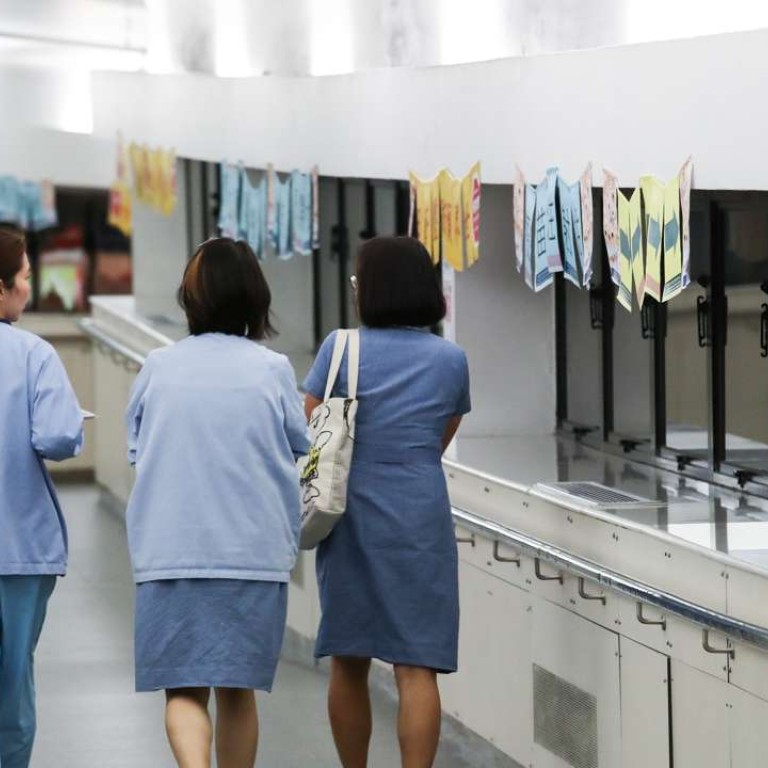
Extreme workload affects ability of Hong Kong psychiatric nurses to care for their patients
Psychiatric nurse Keith has to assess whether a patient is able to live alone and ensure children are properly cared for, in addition to following up on medical needs
The patient care duties taken on by Keith are so great that they are preventing him from providing the best support to mentally ill patients.
As a community psychiatric nurse, Keith, who declined to reveal his full name, also serves as case manager for around 65 patients with mental illnesses in New Territories West. He monitors their recovery and helps them integrate back into society after being discharged from hospital.
“People consider community psychiatric nurses as all-powerful and capable of taking care [of almost everything],” said Keith, who has been working as a psychiatric nurse for 20 years, with the past eight years devoted to community outreach.
As a professionally trained psychiatric nurse, apart from following up on medical needs, Keith also has to assess whether a patient is able to live alone and ensure the children of his patients are properly cared for.
He also has to prepare reports within three days of a visit and adjust care plans if necessary.
But with the massive number of patients on his books, Keith, who usually visits homes alone, can only give each patient around 30 minutes for care, which he thinks is “inadequate”.
“Patients with depression could be talking a lot. We need to build up relationships with patients through chit-chat, before they speak their mind to us.”
Care for patients with mental illnesses is more complex than for those suffering physical injuries as it requires personal life experience and knowledge in handling patients’ needs.
“It is hard for us to take care of patients if they don’t talk,” he said.
Keith said more time could be spent drafting better treatment plans for patients if more medical manpower was available and he took care of fewer people.
According to the latest Hospital Authority figures, each case manager has to take care of 50 patients with mental illnesses on average.
“I would like to identify [training] courses on mental health or cognition offered by NGOs that are suitable for my patients ... but I don’t have time,” Keith said.
A lack of manpower not only limits the provision of better services to patients, but also affects whether the city can introduce compulsory treatment orders for patients who miss appointments, according to the head of a mental health concern group.
Dr Chan Chung-mau, chairman of the Hong Kong Association for the Promotion of Mental Health, questioned whether there would be enough doctors to take care of patients brought for forced treatment.
“We need doctors who are experienced and understand patients well ... or it would be useless even with a compulsory treatment order,” said Chan, adding the system should bring benefits to patients rather than simply catching them.

